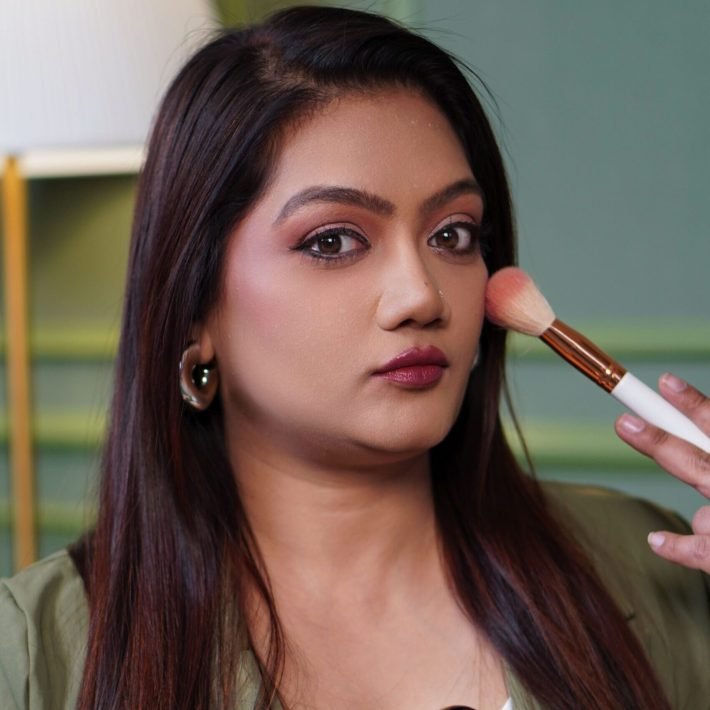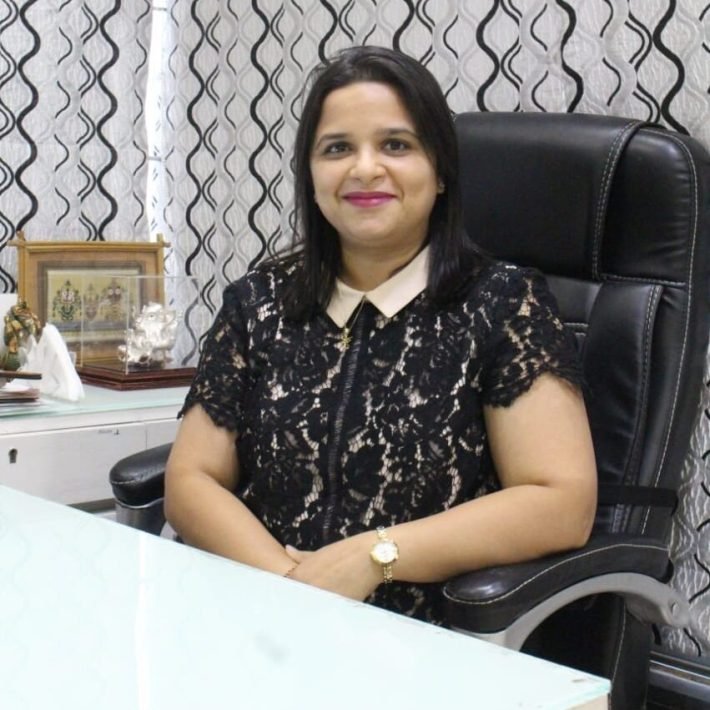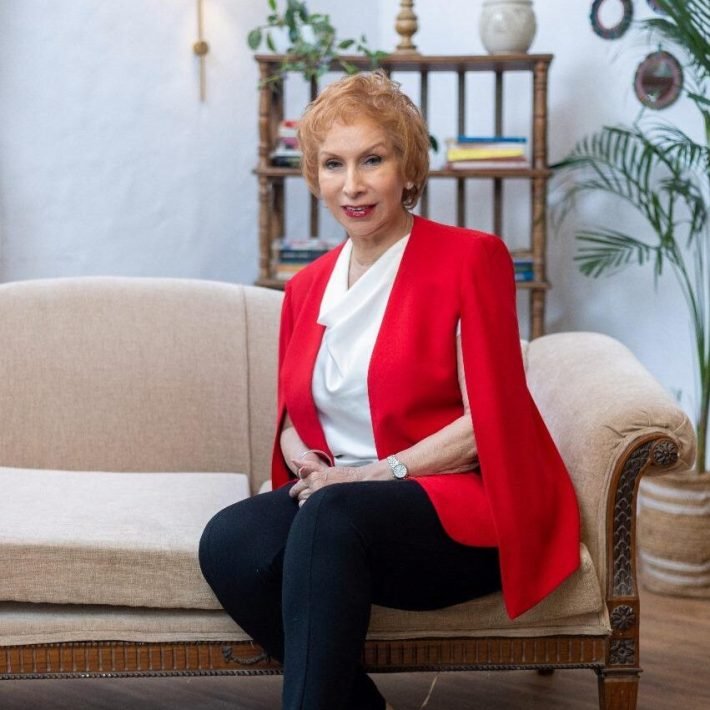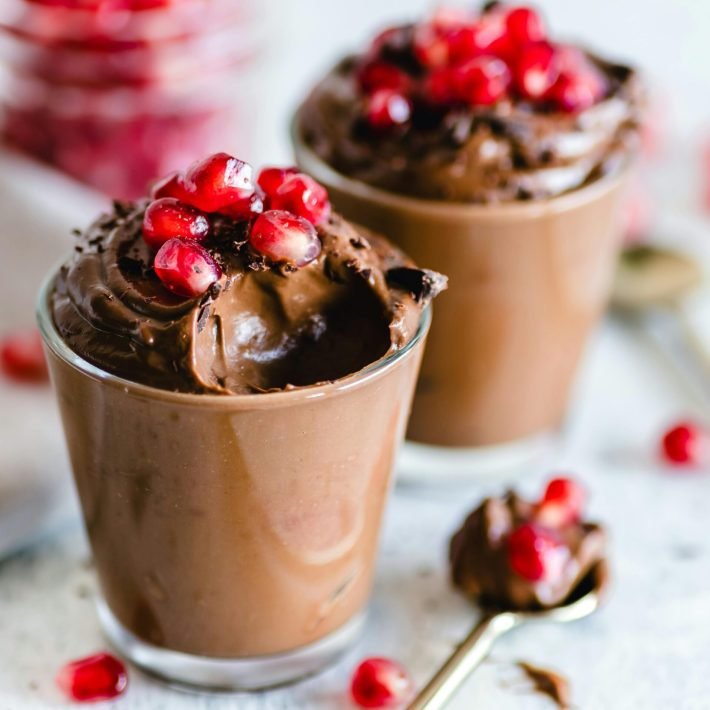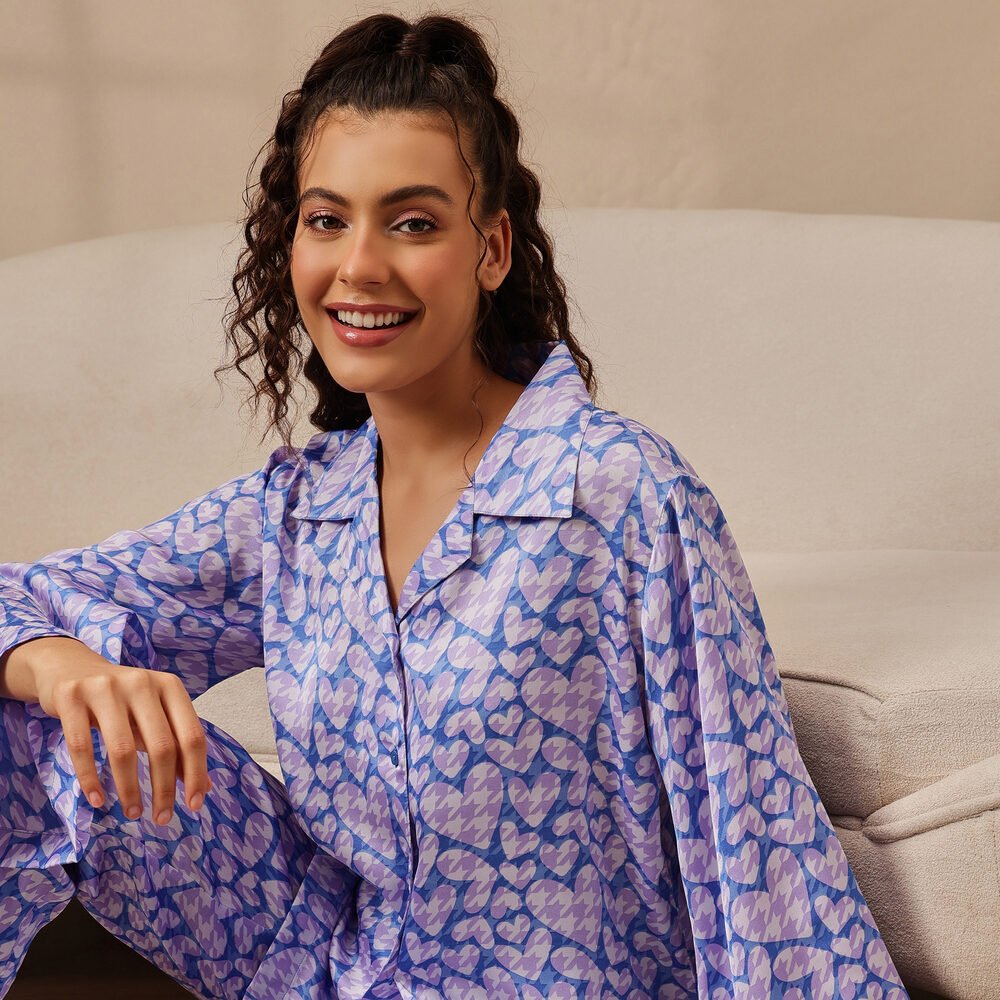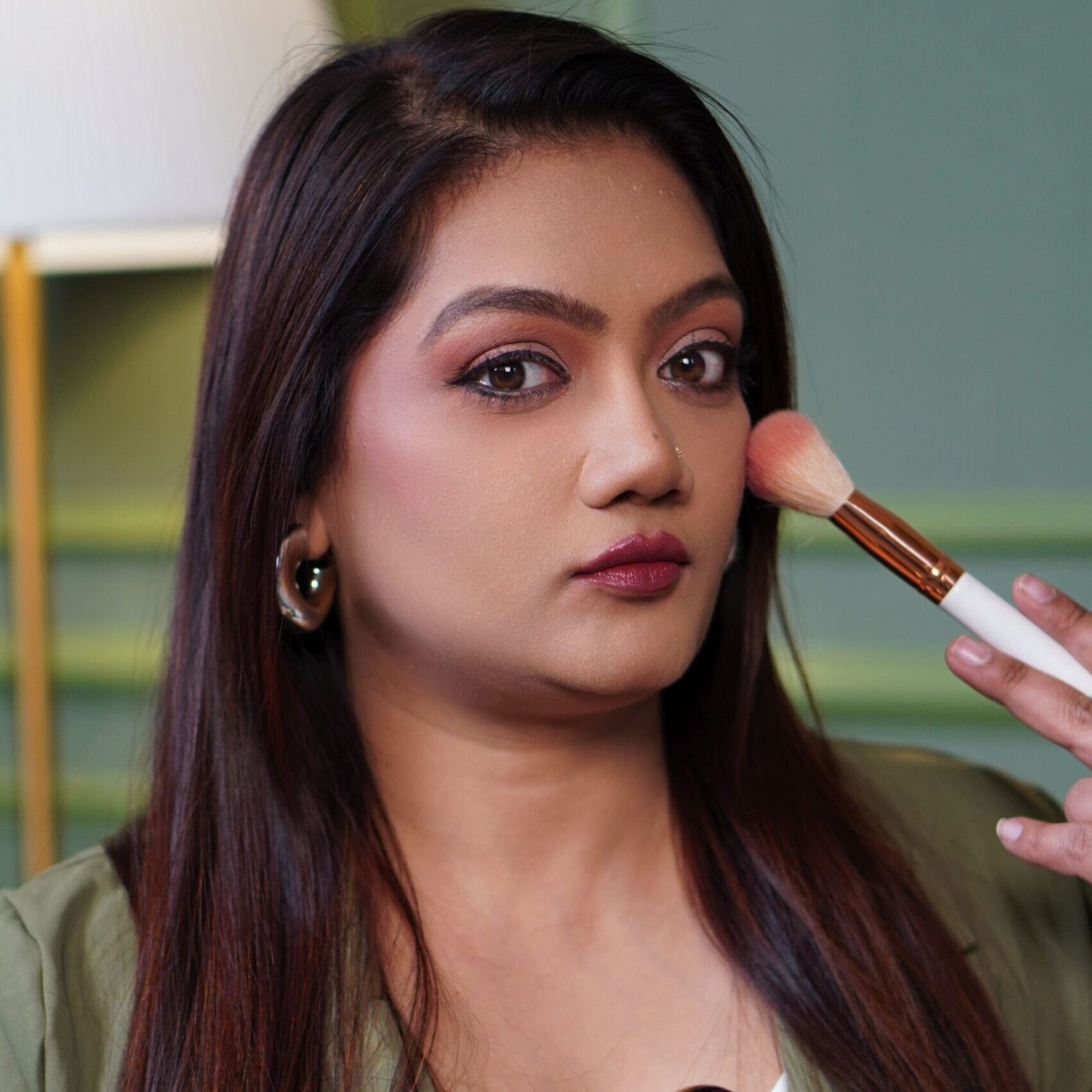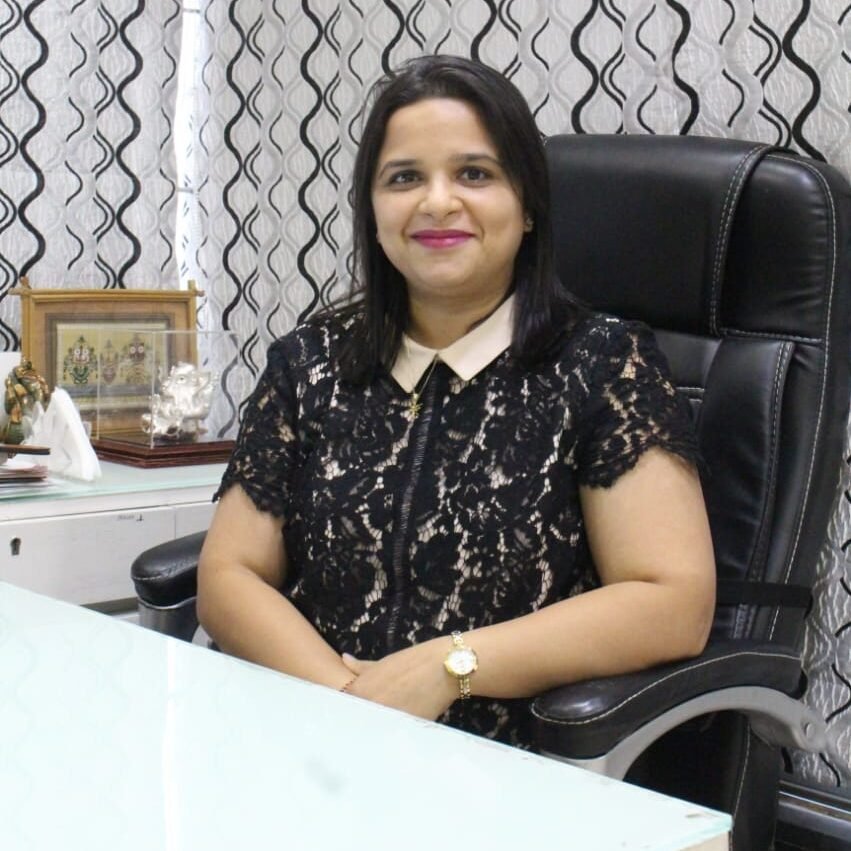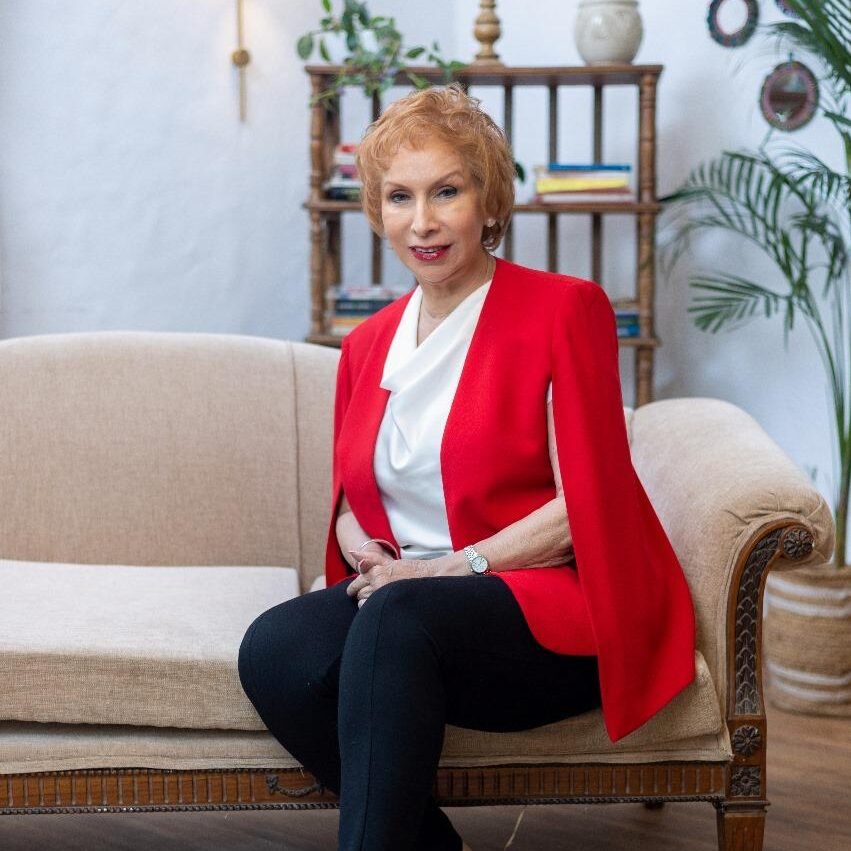Paula Dsouza explores the gap between our real and virtual selves, and discovers why authentic self-expression on social media might just be the real deal.
The chance to be anyone you want, that’s always been one of the biggest lures of social media. Creating a profile where we control what people see and know – who wouldn’t want to jump on that train? In the process, we end up creating our very own social media doppelgängers. They look exactly like us – most of the time – but appear to live thoroughly contrasting lives, almost as if they were a different person. One so different, a Myers-Briggs Personality Test wouldn’t see the similarity between the two.

It’s new, fun and exciting, but sometimes we get so wrapped up in perfecting the persona we’ve created that we disregard significant parts of ourselves. Fundamental characteristics are discarded with the excuse of consistency, or lost in the pursuit of creating that perfect post. As a result, we create a gap between who we really are and who we are on social media. Eventually, this takes a toll, impacting our real lives, and not in a good way.

Real Self vs Ideal Self
What do psychologists have to say about this? In one of his theories regarding human personality, psychologist Carl Rogers spoke about how everyone has a ‘real self’ and an ‘ideal self’. The ‘real self’ is who an individual actually is; their characteristics, abilities, inclinations and preferences at the current moment. The ‘ideal self’, on the other hand, is who the individual aspires to be. It is the kind of person they believe to be ‘ideal’ based on what they’ve learnt and experienced. The further apart these ‘selves’ are, the more uneasiness it creates.
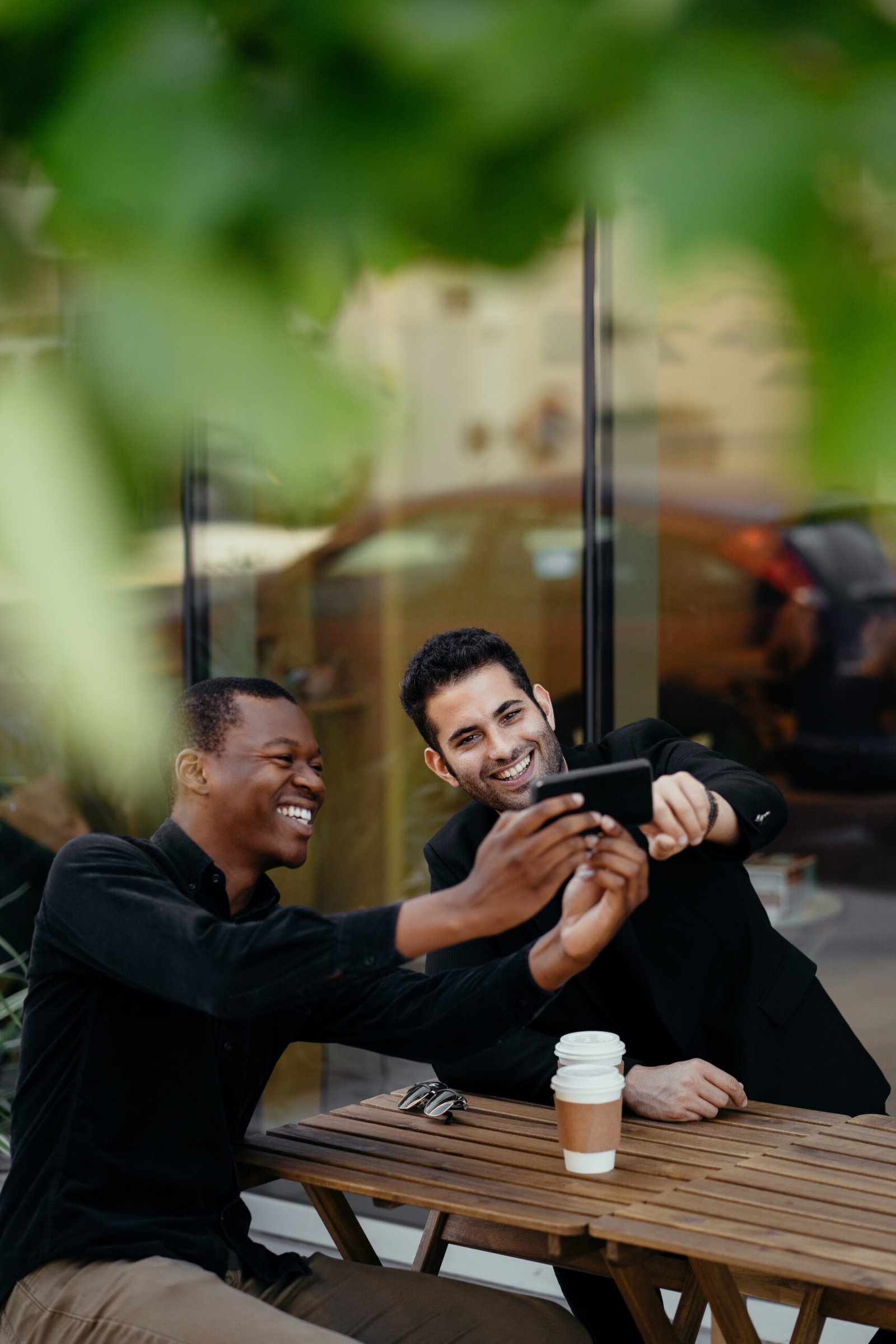
Our social media doppelgängers or our virtual selves are reflections of this ‘ideal self’, the person we would like others to see us as. And as Rogers explains it, when the two selves do not meet, it creates a sense of deep dissatisfaction, which if allowed to simmer for a long time, can severely impact mental health. He also points out that an individual’s self-worth diminishes with an increasing difference between the real and ideal self. “Inauthenticity on social media can lead to feelings of self-doubt and disconnection. Authenticity allows for a deeper sense of connection and fulfillment,” says Dr Brené Brown, professor, author and podcast host.

Is This An Argument Against Social Media?
By no means. It could, however, be considered a wake-up call for how we use the platform available to us. As Dr Sherry Turkle points out, “Social media provides a powerful platform for self-expression, but it’s important to be authentic and true to yourself to avoid feeling disconnected from your own identity.”

The Problem With Doppelgängers
Social media thrives on trends and for a long time posting glamorous, high-on-adventure or exotic images was the only way to get those coveted Likes. ‘Pics or it didn’t happen’ could easily be translated into ‘Posts or it didn’t happen’. And the race to keep up and keep posting – even when real life didn’t match up – was on. And one could argue that it still is.

To stay in the race, the ‘real self’ easily gives way to the ‘ideal online self’ and allows it to take over, and therein lies the biggest conundrum. Once you create this doppelgänger, it’s not easy to go back to posting something authentic. You are consistently haunted by: ‘What will people think?’; ‘Will people like my post?’; ‘Will my friends think I’m boring?’; ‘Have I done enough?’. In creating this virtual version of yourself, you have unknowingly committed to becoming this person, putting on yourself the burden of always having a new adventure, doing interesting things, doing something productive or unusual and so on. If the gap between the real and ideal self is too wide, the attempt to keep up could put a great deal of stress on your resources, time, energy and your mental health.

Moreover, a sense of dissatisfaction and frustration with your real life begins to set in. You could become uncomfortable in your own skin and space, and consequently lash out at the people around you. Jealousy is another side effect, especially if you are constantly exposed to other virtual selves and feel that you are unable to match up. This further adds to discontentment and as studies show in extreme cases, this dissatisfaction and the stress of living a “double life” could lead to depression and other disorders.
It’s Time To Get Real
So, how does one avoid falling into this trap? If you ask Carl Rogers, the answer would be: ‘Self-Actualisation’ – having the ability to finally and entirely recognise one’s true potential. Be it intellectual, creative, emotional or social. Rogers believed this to be the ultimate goal for most humans. This tends to happen as the ‘real self’ and the ‘ideal self’ begin to overlap.
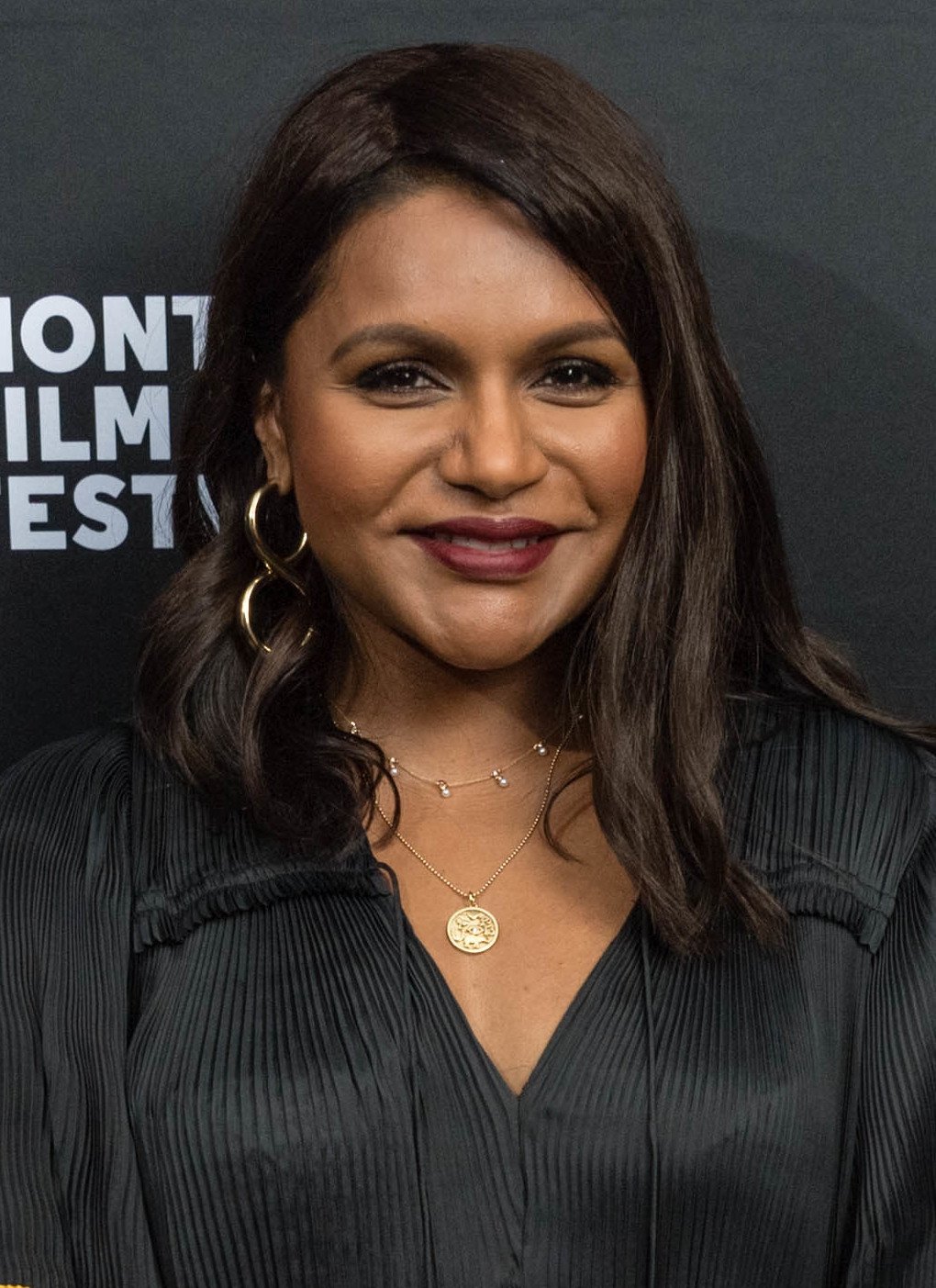
It’s the same when dealing with the ‘virtual self’. Self-acceptance and expression can bridge that gap. It’s something that a lot of people are realising, adopting and are happier for it. Authenticity is becoming the new keyword for social media posts and is leading to more meaningful connections and expressions. According to Dr Tamar Chansky, author of ‘Freeing Yourself From Anxiety’, “Authenticity is key to building genuine relationships on social media. People want to connect with real people, not just a curated image.”
Researchers at New York’s Columbia Business School conducted a study where they asked students to put up authentic posts on a social media platform for a week, followed by putting up idealised posts for another week. The results clearly showed that their mental state was far better when posting authentically.

Flipping The Switch
“Social media is about being yourself, not trying to be someone else,” says singer and songwriter Ariana Grande, and she makes a good point. And as we see the trend shift toward more authentic posts, it seems a lot of people agree. But is it that easy to make the switch? Yes, it is.

The questions that haunt you about social media presence and reactions will always be there, but you can’t let them take over and make your decisions for you. Expressing the real you, will help you tap into what the medium was meant for – connecting with like-minded people and sharing real experiences.

So, why hide who you truly are from yourself and everyone else? Also, authenticity breeds authenticity. The more people you surround yourself with who stay true to who they are when presenting themselves online, the more you find yourself wanting to do the same. American singer, songwriter and actress Selena Gomez says, “It’s important to stay true to who you are, even on social media.”
What you must do then, is stop comparing yourself to other people. Look inward and what it is about your ‘real self’ or your ‘real life’ that you enjoy and share that with the world. There is little sense in trying to one-up other doppelgängers. Instead, focus your energy on doing things that make you happy. Stop worrying about whether what you are up to is exciting or not; if it means something to you, then there is a story to tell and there are people who are waiting to listen. It’s one of the biggest ways you can cut down on anxiety.
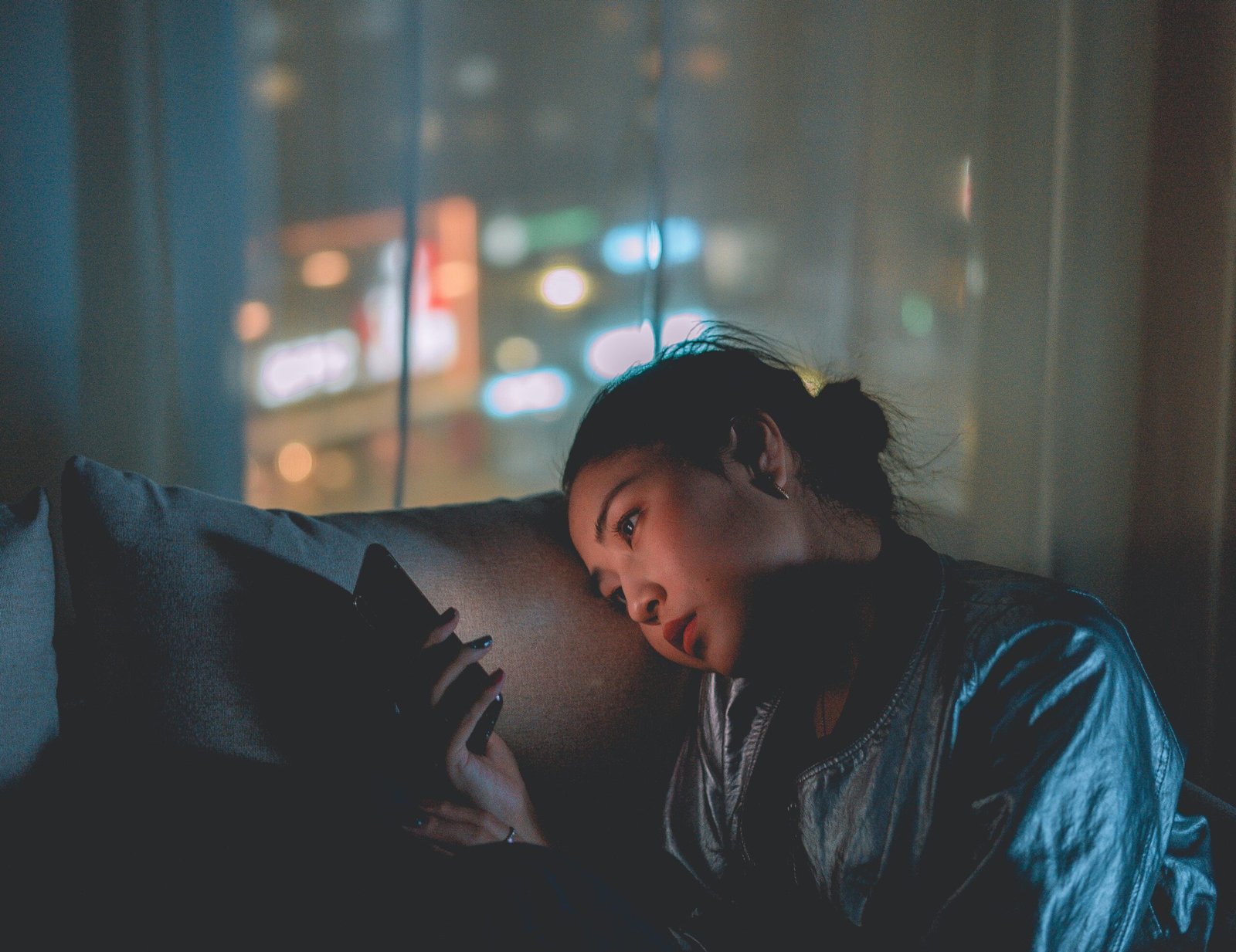
Another is to simply take the pressure off posting consistently and aggressively. If you don’t have something to post, don’t. You might argue that consistency is key to maintaining a following. If you are an influencer or a brand, that does hold a semblance of truth. However, as an individual, you are not obligated to post consistently. As actress Emma Watson says, “It’s important to use social media in a way that feels true to who you are.”
A Post In The Right Direction

Social media as a medium is a wondrous thing, it is a virtual playground with so many possibilities, but it’s up to us to decide how we use it. The pressure to outshine other posts and stand out is real, but so is the anxiety and all the problems that come with it. But a shift toward authentic posts is happening and that’s one trend you must hop on to. Some days it may feel like the world around you is moving way too fast, but that’s okay. There will be days that to you may seem too good to be true; exciting, productive days. And there will be days where you can’t seem to drag yourself out of bed or wish you hadn’t. That’s okay too. Remember, it’s not a race, it’s a way to connect and the only way you can genuinely do that is by being the real you.

“Being yourself is the most important thing. Don’t be afraid to show your personality and your quirks,” says actress and producer Mindy Kaling. So, take a leaf out of her book and let the lines between your ‘real self’ and ‘virtual self’ blur, until all you have left is you.


